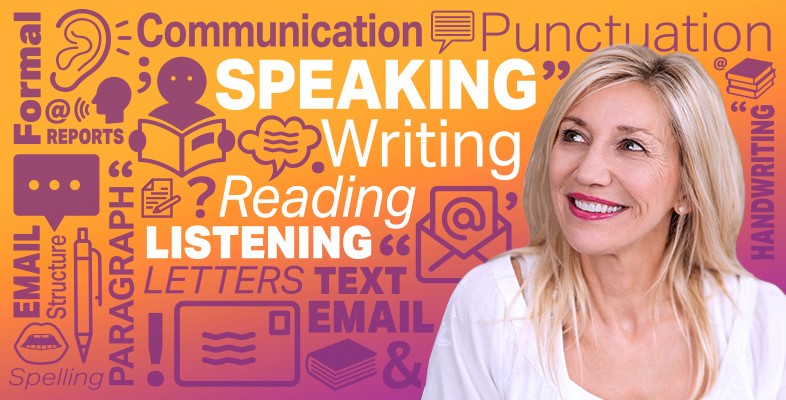8 Summary
Here are the key learning points from this session.
- In today’s world, there is so much you could read that it’s important to be able to choose what to read, to identify what you don’t have to, and then to be able to read and understand.
- Much of what you read every day, often on your phone, is short and involves single words, phrases or brief sentences. But being able to read, understand and use longer texts such as letters, emails and forms is just as important.
- Being able to tell the difference between facts and opinions is also important, particularly in a world of social media and ‘fake news’.
- You can become more aware and active as a reader by asking yourself, when reading something, why it was written, where it comes from and who it is for.
- The four main purposes of non-fiction texts are: to instruct, to describe or explain, to persuade or to inform.
- Skimming can help you to see whether a text is relevant to you and how carefully you should read it.
- Scanning can help you to see what information a text contains and whether it has the key words that you are seeking.
- Structure, presentation and layout make a big difference to how easy a text is to read and how well it gets its message across. Layout features include pictures, logos, bullet points, paragraphs, colour, graphs, charts and text size and formatting.
- Heading and subheadings are like signposts that help you to find your way around. They give you an idea of what to expect in each section.
- When answering a question about a text in a Functional Skills English or Essential Skills Wales Communication assessment, it is very easy to misread the question and give an incorrect answer. You should always read the question carefully.
- The same goes for reading in everyday life. When you extract information from a text for a particular purpose, make sure you extract the information you really need.
- Reading is a skill that needs practice. Reading for pleasure is a great way to practise. It does not matter what you read, but it should be something you enjoy and find interesting, funny or entertaining.
